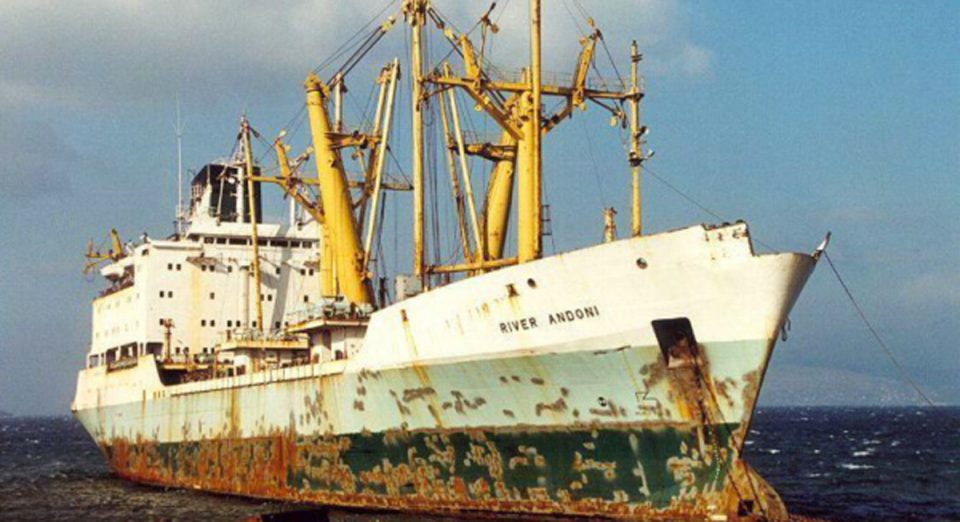Today, over 90 per cent of world trade is borne by sea and the real time growth in world Gross Domestic Product (GDP) in the last two decades is 73 per cent.
Presently, the global seaborne trade is estimated to be about $400 billion. Unfortunately, Nigeria is missing out on this huge foreign exchange due to lack of active local participation in the international shipping trade as all the nation’s cargoes are borne by foreign shipping lines. This has been the situation for decades, since the decline of the first Nigerian National Shipping Line (NNSL). This has affected the nation’s ocean economy negatively, according to stakeholders.
For instance, Nigeria has never earned $1 freight since 1968 because it does not own vessels to lift its own crude oil.
Speaking with Daily Sun via telephone, Managing Director of Kamany Marine Services Limited, Charles Okorefe, said a lot needs to be done, adding that enabling environment needs to be provided first and foremost for Nigeria to fully participate in the international seaborne trade.
According to him, Nigeria has not been postioned to reap of the enormous benefits of international seaborne trade because it does not own vessels to frieght its cargoes, saying that the first step is for the local industry to put its house in order.
“That is the first step; look at your ports’ environments for instance; are they decent for international trade? The way the nation’s ports are presently constituted, they are not decent for international trade. So, that is the starting point. You cannot talk of reaping the huge benefits of international trade when your house is in huge disorder. Look at a situation where foreign vessels (not indigenous owned) bring in cargoes to your ports andsuch cargoes do not have access to be evacuated from the ports. “So, you are talking of situation of congestion everywhere. No access roads in and out of the ports. You find out that the cost of cargoes to Nigeria is even increased intentionally becuase ship owners know that they are going to spend longer time in our ports. So, what do they do? They surcharge importers of goods into Nigerian ports. In such situation, how can you reap huge financial benefits from international seaborne trade.”
For Nigeria to benefit, even before talking about cabotage financing to assist indigenous players to buy new bottoms to participate in a global shipping trade, he said there was need to first make sure that the nation’s ports are inviting, accessible and safe becuase Nigerian waters now are no longer safe.
He hinted that the International Maritime Organization (IMO) considers the nation’s waters one of the most dangerous in the Golf of Guinea region, where Nigeria falls into heavily. He said it is a problem now because of issues of sea robbers, kidnappings and even sea piracy.
“So, you can see the country is not even prepared to be a big player in the international marketplace because our house is not in order. I think that is the starting point. Proper policies should be formulated that will protect the interest of the indigenous players, empower them, give them the leadway to play their roles, so that they can compete in the international marketplace. But as presently constituted, we are going nowhere,” he added.




